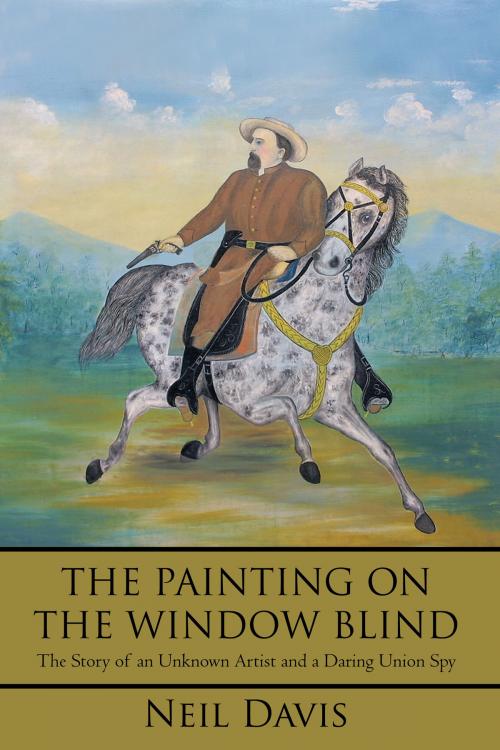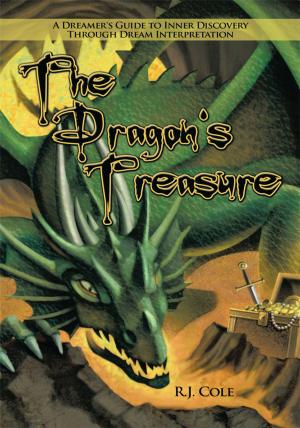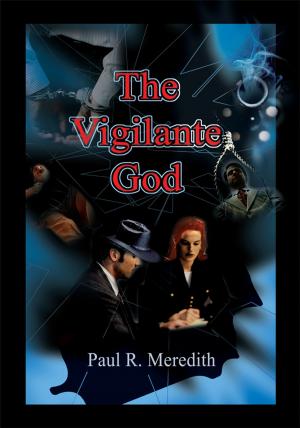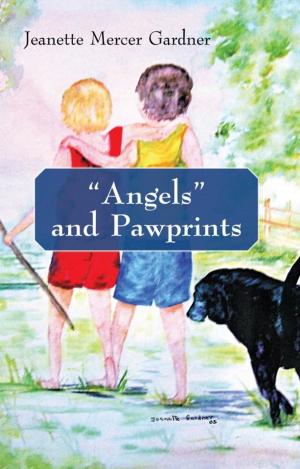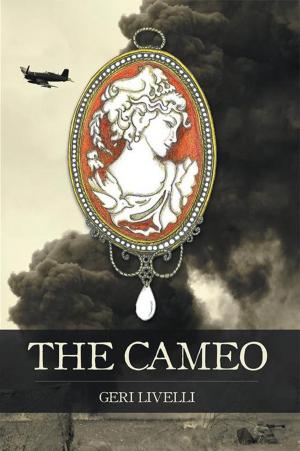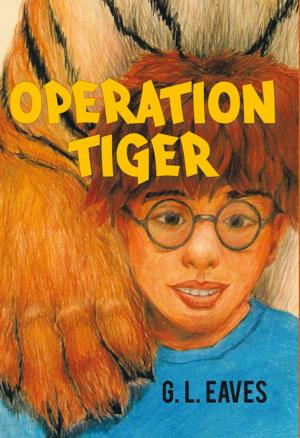The Painting on the Window Blind
The Story of an Unknown Artist and a Daring Union Spy
Nonfiction, Home & Garden, Antiques & Collectibles, History, Military, United States| Author: | Neil Davis | ISBN: | 9781450282413 |
| Publisher: | iUniverse | Publication: | January 7, 2011 |
| Imprint: | iUniverse | Language: | English |
| Author: | Neil Davis |
| ISBN: | 9781450282413 |
| Publisher: | iUniverse |
| Publication: | January 7, 2011 |
| Imprint: | iUniverse |
| Language: | English |
This is the story of a search for information about a Civil War painting unique in several respects: it is on an old-fashioned roll-down window blind, is the only known surviving work of previously unknown soldier artist John H. G. Hood, and is the only known one of a Union soldier in a Confederate uniform. The man on horseback in the painting, James A. Hensal, was a dashing figure who during the war was sentenced to death by court-martial after shooting and killing his superior officer. For reasons having to do with his exploits, Hensals execution was never carried out and he later rose to become chief of scouts for Union General Grenville Dodge. Speaking of Hensal, Dodge said, He was the bravest man I ever knew. The painting now resides at the Guthrie County Historical Village in Panora, Iowa, the location where the painting was executed and where both John H. G. Hood and James A. Hensal lived after the war.
This is the story of a search for information about a Civil War painting unique in several respects: it is on an old-fashioned roll-down window blind, is the only known surviving work of previously unknown soldier artist John H. G. Hood, and is the only known one of a Union soldier in a Confederate uniform. The man on horseback in the painting, James A. Hensal, was a dashing figure who during the war was sentenced to death by court-martial after shooting and killing his superior officer. For reasons having to do with his exploits, Hensals execution was never carried out and he later rose to become chief of scouts for Union General Grenville Dodge. Speaking of Hensal, Dodge said, He was the bravest man I ever knew. The painting now resides at the Guthrie County Historical Village in Panora, Iowa, the location where the painting was executed and where both John H. G. Hood and James A. Hensal lived after the war.
